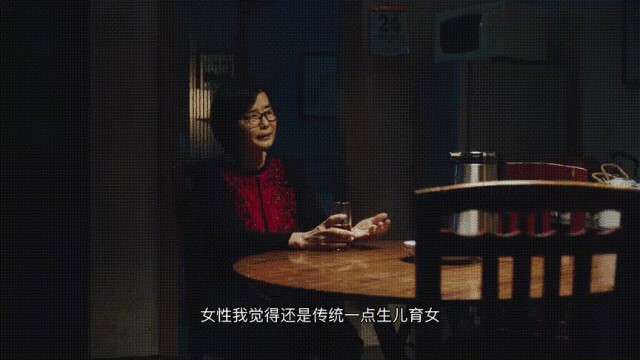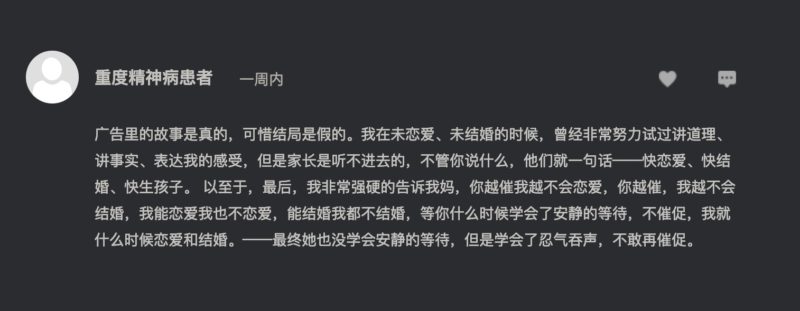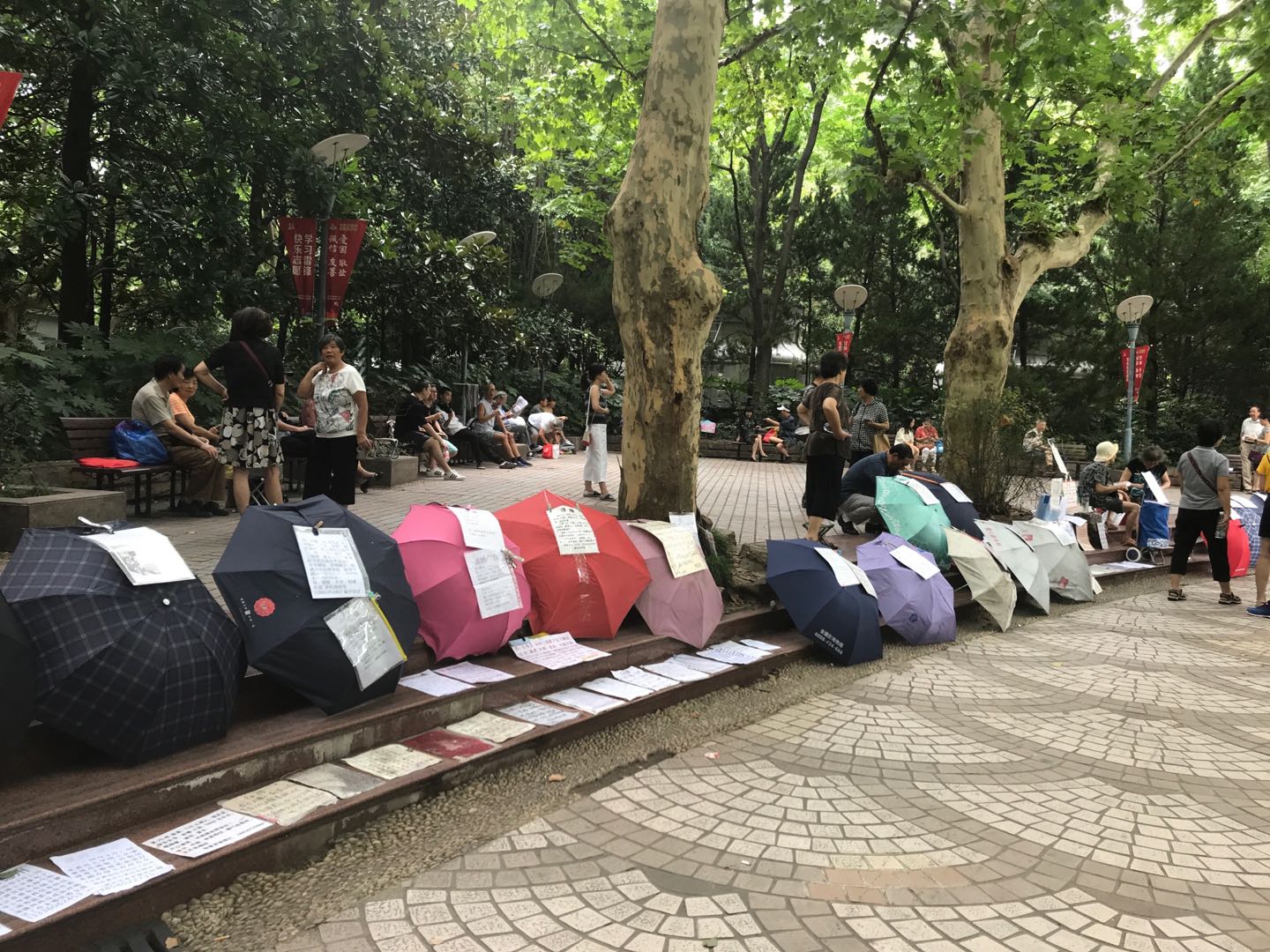In the weeks following Chinese New Year, SK-II premiered the latest video in their #changedestiny campaign, titled Meet Me Halfway. Following Marriage Market Takeover (2016) and The Expiry Date (2017), the latest installment continues the narrative of “leftover women” as three Chinese young single women working in cities far from home ask their parents to “meet them halfway” literally and figuratively. Daughters and parents travel to meet each other at the midway point between their respective cities, and parents compromise with their daughters through an emotional acceptance of their happiness, well-being, and independence.
Single Chinese women and“leftover women” in China
“Leftover women,” or sheng nu is a term used in China to describe unmarried women in their late 20’s – early 30’s perceived to have passed the ripe years for marriage. For many of today’s generation, this concept has become a reality. In recent decades, China’s economic boom has created a generation of educated, independent, and career-driven women. Yet cultural mindset has not caught up to the pace of economic change, as traditional Chinese parents still hold extreme expectations of their daughters marrying off by their late 20’s and starting a family.
Consequently, many single women in China now dread going back home for Chinese New Year, in hopes of avoiding questions related to marriage, and further pressures to start a family. While it is the most culturally significant holiday of the year, facing suffocating and painful criticism on boyfriends, marriage, dating, and even children is enough to drive them away from coming home, often during the only holiday that enables them to. As previous installments of the campaign demonstrate, these women have approached the “expiry date” of their timeline that Chinese society has imposed upon them. Yet as independent and intelligent individuals, they must choose between abiding by society’s rules or redefining themselves – and others like them – in what it means to be an empowered woman in today’s fast-paced China of multiple economic, political, and social transformations.
The older generation’s attitude towards marriage in China
The first installment of the #changedestiny campaign, Marriage Market Takeover (2016) emphasizes the attitude of the older generation towards marriage. It is centered around the famous Marriage Market in Shanghai in People’s Square Park, where parents share profiles of their sons/daughters taped onto umbrellas for public viewing, with goals of finding a partner for their child. The market demonstrates the deep traditional family values of the older Chinese generation, further illustrating the generation gap that many Chinese millennials are experiencing between their parents. Traditional Chinese values are very family oriented. Thus parents want to see their children begin a family of their own by a reasonable age. Marrying and having children is even a sign of respect towards parents as a demonstration of their stability, and to give them peace of mind in their old age. The older generation shares a similar attitude towards the role of women, as parents still believe women should not work very hard in their jobs, and their focus should be more centered on domestic matters such as cooking, cleaning, and taking care of children.

Insights, criticism, and mixed response from Chinese Social Media
This latest installment of the #changedestiny campaign was overall well-received, but there are some varied responses on Chinese Social Media sites both supporting and criticizing the content. On adquan, a Chinese media and information service platform for the Chinese advertising industry, the following comment was posted in response to the commercial: “The story in the commercial is real; unfortunately the ending is fake.”


On Sohu, a Chinese internet platform, users have posted articles discussing the commercial from different perspectives. One post pointed out that the topic has been exhausted, and the population is no longer as sensitive to this old topic. Another pointed out that while the “leftover women” topic isn’t new, SK-II’s campaign has added new elements into its discussion. This includes highlighting the current difficulties these women face in the dating scene as a “leftover woman,” and a heart-rending parental angle showing the long tradition of starting a family as a prominent demonstration of filial piety. Finally, what Meet me Halfway clearly communicates, is the next step for such women, “to voluntarily take the first step, and face this generation gap between parents and their children. Only this way, can take a firm hold of our ‘destinies’ and finally take action to change it.” On Weibo, a similar discussion is taking place with comments praising the installment for its aesthetic attraction and storytelling production, yet many users find the targeting of this segment of women overused and cliched.
Changing socio-cultural dynamics of Chinese consumers: Marketing takeaways
While the videos are well-received by the public, marketing to the middle-aged female segment using the concept of “leftover women” generally seems to be an exhausted topic for Chinese consumers. A better way to approach marketing towards this segment might be to focus on empowerment through emphasizing their independence and happiness in their fast-paced lives; to highlight their pride towards being a part of the group that are newly redefining Chinese women rather than showing their melancholy depart from tradition in a comparative discussion of “what they should be”. It’s also important to note the shifting trend of individualism in Chinese society that this particular segment also demonstrates. Mainly in tier-1 cities, wealthier millennial generations are showing more individualistic characteristics, such as chasing unconventional goals, pursuing personal interests, and taking risks that they believe might propel them closer to their visions. These changing socio-cultural dynamics of urban Chinese society are vital to the understanding of Chinese consumers in the 21st century.
How COVID-19 is changing the dating scene
With the emergence of a global pandemic and the resulting lockdowns, singles have turned to online dating platforms being stuck at home and social distancing. The top users of Tantan during the outbreak are those born after around 1995 and 2000, with more than a 20 percent increase in messages sent and daily matches. What used to be a quick swipe-and-go on the apps is now a longer and more careful screening of a user’s profile. Users are more likely and willing to engage in a meaningful conversation with another user as lives at home have become less busy. Some would even start a conversation by sending a heart-warming message such as “how are you holding up” to check in on the other person’s well-being, rather than a blunt “hey” as was common before. As most of the population is staying home during the outbreak, suitors have become more creative with connecting with the other person. For instance, it has been common amongst the younger generation to go on virtual dates, in which a potential couple would video call over a shared activity such as cooking or playing online games. These virtual dates do help pass the time and strengthen the bond with someone met online, yet it is uncertain as to whether couples are able to meet in person in the near future with the outbreak. With the shift of the dating scene going online especially with a world pandemic, “leftover women” may be on the rise and marriage may no longer be the first priority amongst modern women.
Author: Julia Qi
Daxue Consulting helps you get the best of the Chinese market
Do not hesitate to reach out to our project managers at dx@daxueconsulting.com to get all answers to your questions.





